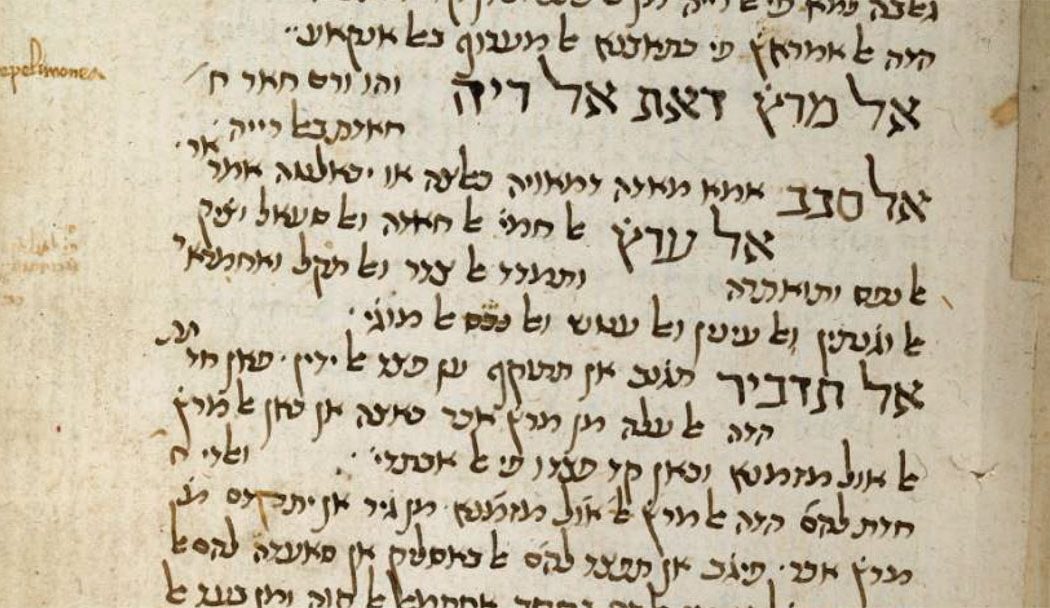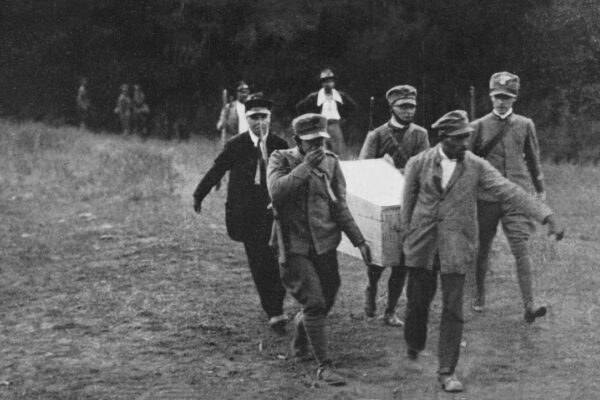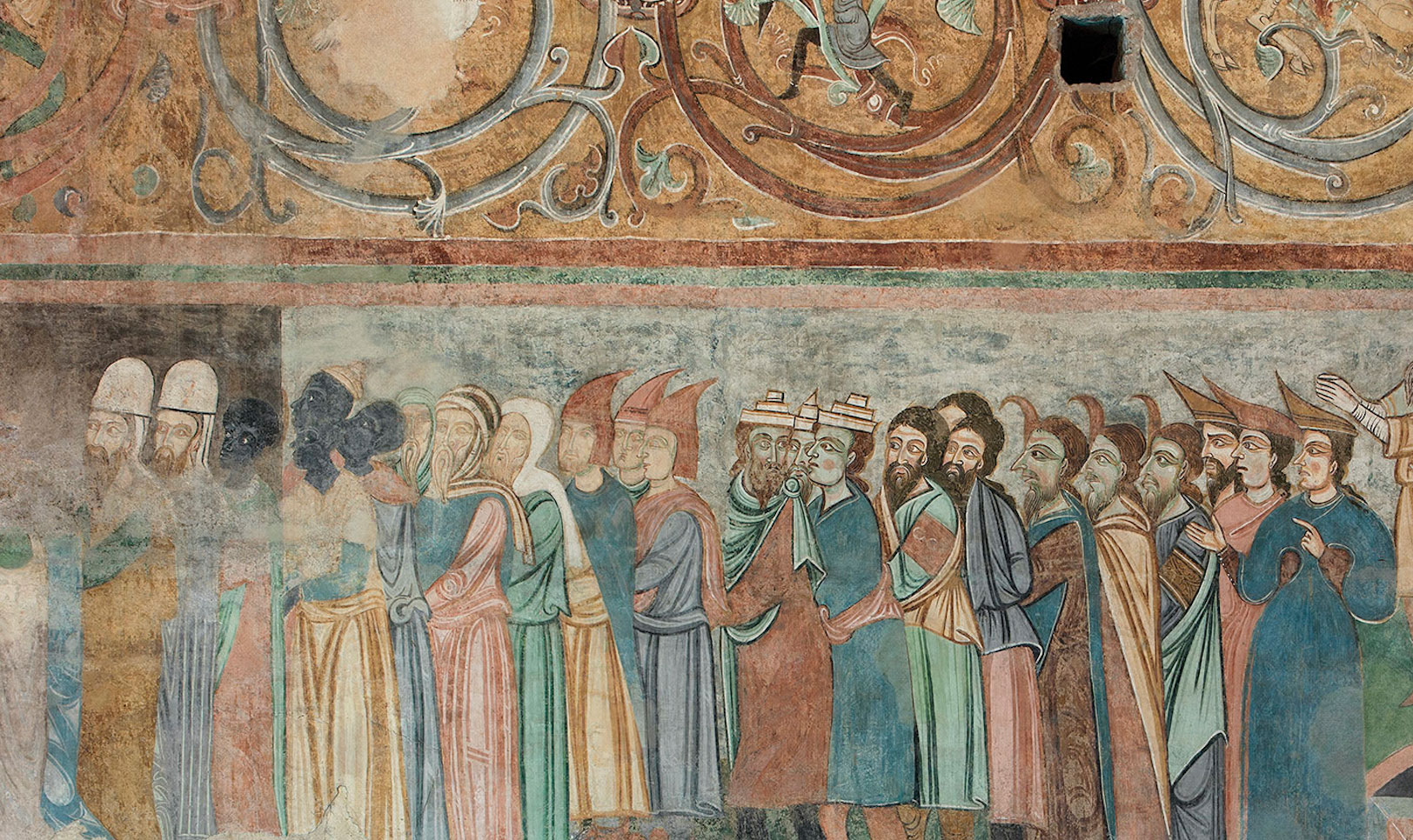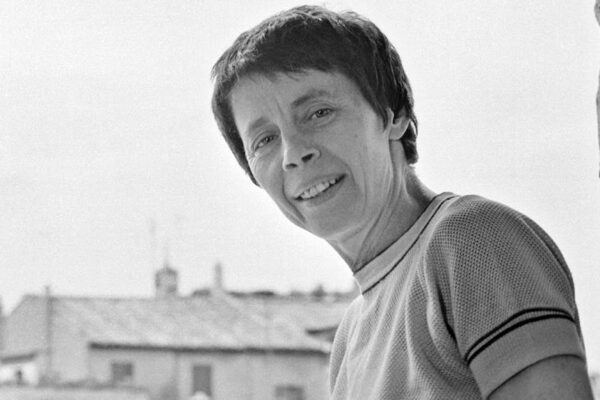The Herbert D. Katz Center for Advanced Judaic Studies and the Schoenberg Institute for Manuscript Studies at the University of Pennsylvania Libraries announce the launch on June 1 of their first Massive Open Online Course (MOOC):
The History of Medieval Medicine through Jewish Manuscripts
Taught by Professor Y. Tzvi Langermann, Professor of Arabic at Bar-Ilan University.
This online mini-course is a general introduction both to medieval medicine and to the value of manuscript study. Professor Langermann presents a case study that builds from a unique manuscript codex produced in the 15th century containing three important medical manuscripts in Judeo-Arabic (Arabic in Hebrew characters).
Compiled in Sicily by a physician identified as David ben Shalom, the manuscript bears witness to the rich cultural exchanges among Latin, Jewish, and Arabic communities during this time, especially in the sciences.
Professor Langermann not only walks the student through the basics of medical knowledge training and practice in the Jewish Middle Ages and beyond, but also shows how clues gleaned from elements of a particular manuscript (such as marginal notes, mistakes, and handwriting) shed light on the purpose, use, and readership of these texts. The course includes eight 5–7 minute long video lectures that explore the highlights of this extraordinary manuscript.
Langermann focuses on the manuscript’s three core texts:
(1) Sa’ īd b. Hibat Allāh, al-Mughnī fī Tadbīr al- Amrāḍ (All You Need to Manage Diseases)
(2) Abū ‘Alī Ibn Sīnā (Avicenna), al-Adwiya al- Qalbiyya (On Cardiac Drugs)
(3) Alī b. al-’Abbās al-Majūsī, al-Kāmil fī Ṣinā’at al- Ṭibb (The Complete Art of Medicine)
A complete digital facsimile of the manuscript, is available here. All images and metadata associated with UPenn MS Codex 1649 are available for restriction-free downloading and reuse through Penn Libraries’ open data resource OPenn.
The mini-course (PennX – Katz1.1x) is offered free to anyone with an internet connection. It can be accessed at edX.org, where with just an email address you can create an account. The course is self-paced and takes about 2 hours to complete. The content will not be inaccessible to the novice but the nature of the material and the level of scholarship should interest graduate students and colleagues from a range of disciplines as well. There is an active discussion forum, and a link to the full manuscript in digital form. The course will initially be monitored by a TA with facility in medieval Jewish history, and Hebrew and and Judeo Arabic language. Professor Langermann himself will also occasionally participate in the discussions and respond to student queries.
The course will launch on June 1 — Please join the discussion!
The fellowship is funded in part with the David B. Ruderman Distinguished Visiting Fellowship.









